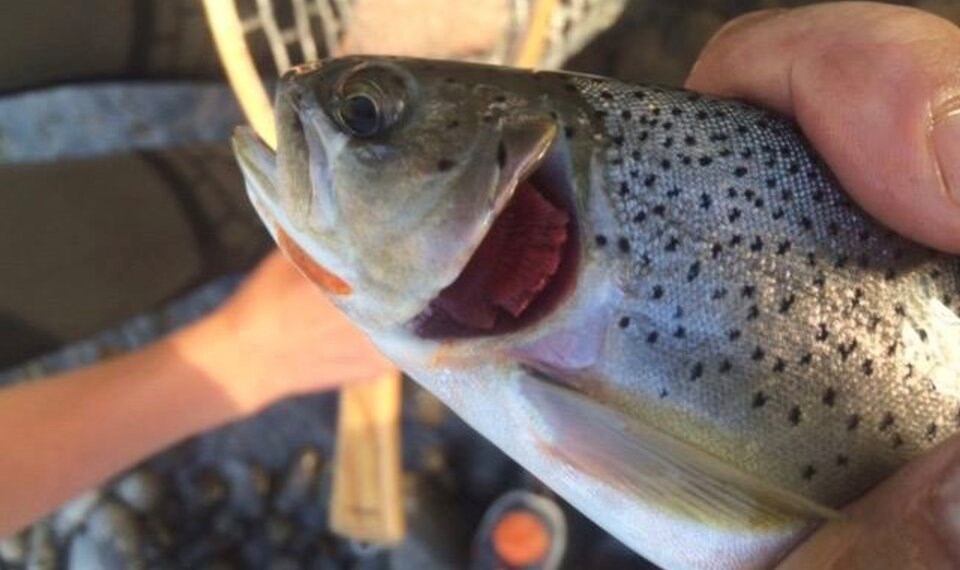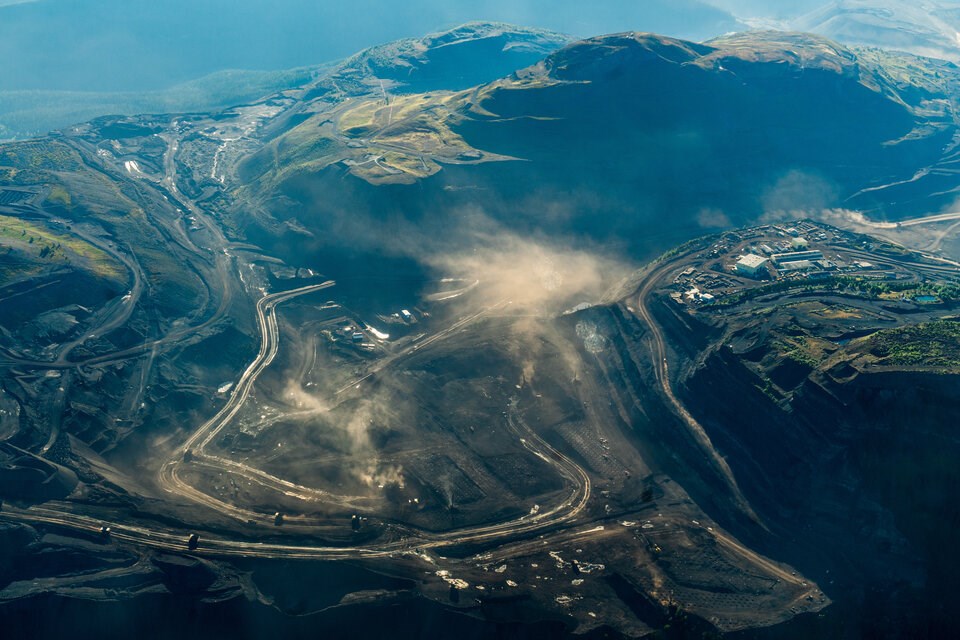Pollution flowing downriver from coal mines in British Columbia has pushed Canada and the United States to request an intervention from the International Joint Commission (IJC) — a trans-boundary body tasked with regulating rivers and lakes that span both sides of the border.
On Monday, the two federal governments asked the IJC to carry out a reference study and recommend solutions for mining pollution in the Elk and Kootenay rivers — watersheds where pollution levels have exceeded Canadian water standards on multiple occasions, in one case, leading to a nearly $16-million fine to Teck Resources Inc.
In a study published in November 2023, the U.S. Geological Survey found multi-decade per cent changes of selenium in the Elk River were the largest ever recorded in a peer-reviewed study — anywhere. A trace element for life, too much selenium is toxic and can be especially damaging for egg-laying creatures, such as fish and birds. By filling the role of sulphur in proteins, selenium is known to trigger deformities, though biologists say its spectrum of effects is not clear.
Kathryn Teneese, chair of Ktunaxa Nation Council, said in an interview from Cranbrook that pollution from the coal mines has been an intractable problem for decades.
“This is the only way forward we see at this point,” Teneese said of the latest request to the IJC. “The status quo wasn’t working.”

The reference requests force the commission to create a board made up of an equal number of experts from both sides of the border. Together, they will carry out a two-year independent study and recommend solutions to protect the waterways.
The study will help Indigenous governments, as well as those in B.C., Idaho and Montana establish a formal governance structure by June 30, 2024, according to a joint statement released Monday from Ambassador of Canada to the United States, Kirsten Hillman, and Ambassador of the United States to Canada, David L. Cohen.
First Nations pressured governments to convene on their territory
This is the first time a referral has been made to the commission regarding waterways along the B.C. border in nearly 40 years (the last investigation was over a proposed coal mine in the same region in 1985).
The reference to the IJC comes after a decade of advocacy from the Ktunaxa Nation — a group that includes the Confederated Salish and Kootenai Tribes, Kootenai Tribe of Idaho, and the Ktunaxa First Nations of ʔakisq ̓ nuk, ʔaq ̓ am, Yaqan Nuʔkiy, and Yaq ̓ it ʔa·knuqⱡi’it in southeast B.C.
But for months, the Indigenous groups feared it might never happen, said Teneese.
In March 2023, Canada Prime Minister Justin Trudeau and U.S. President Joe Biden said in a joint statement that they intended to reach an agreement in principle to reduce and mitigate the impacts of water pollution in the Elk-Kootenay watershed.
But when the summer deadline came and passed without any action from the federal governments, leaders from the Ktunaxa Nation called on all sides to meet in their B.C. territories. After months of what the Ktunaxa described as “intense negotiation,” all sides agreed to refer the case to the IJC.
'Spoke with one voice'
In a statement, the B.C. government said it supported the referal to the IJC and it would "fully engage" in the process alongside other governments and First Nations.
The environmental group Wildsight hailed the references as “the first step towards addressing a complex problem with transparency, trust and respect for Indigenous peoples.”
On the U.S. side, Gary Aitken Jr., vice-chairman of the Kootenai Tribe of Idaho, said in a statement that mining has impacted his people’s waterways and resources for decades as governments “looked the other way.”
“We are finally starting a process where there can be collaboration, trust, and transparency,” he said.
Chairman of the Confederated Salish and Kootenai Tribes Michael Dolson added that he was “encouraged by the federal governments’ change in direction.”
“We’re at the beginning of what will likely be a long process, one that will require sustained effort from all governments involved,” Dolson said.
Teneese said Ktunaxa people on both the north and south of the 49th parallel “spoke with one voice” to defend clean water — not just for the nations but for everyone living in their homeland that is impacted by water pollution.
“It’s not limited to us, but we're more than happy to do what we can to ensure that we're fulfilling our obligations as stewards of our homeland,” she said.


